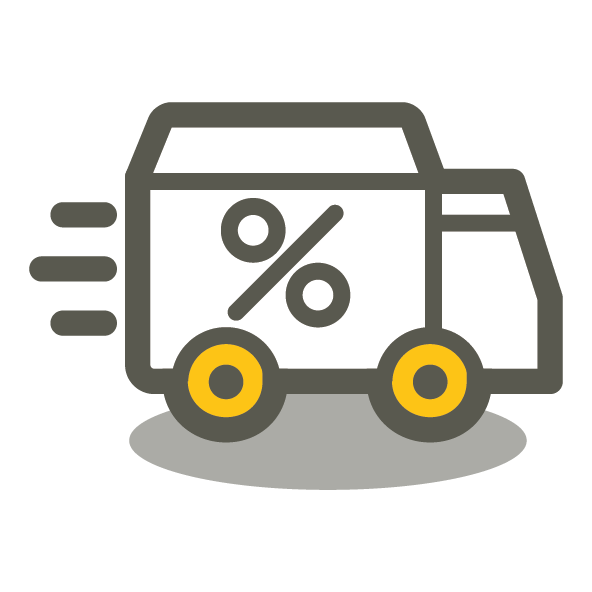Brexit is now just over two years past and the customs picture for businesses has changed considerably.
There has been the obvious increase in customs declarations to around 250m per annum, as was widely publicised at the time. The delayed declarations process, including delayed payment of customs duty, was implemented to ease the burden on importers and was subsequently extended. However, were all delayed declarations actually submitted by importers?
Perhaps there was a perception that everything was working smoothly and that customs brokers were routinely submitting, or that all would be forgotten about, as long as the correct customs procedures were put in place going forward, in order to make submissions and pay customs duty in a timely manner.
Coupled with this, importers and their customs brokers have also had to contend with the CHIEF switch off and transition to CDS, something else where the implementation timeframes have been extended, for both imports and exports.
The current environment is clearly not easy, but goods still need to get into the country.
HMRC activity
At the outset, goods movements were pretty much waved through, to avoid the potential for queues at the border, but with the option for HMRC to go back over declarations at a later date.
It would appear that customs and international trade audits by HMRC are on the increase, focussing on import declarations made following Brexit, that is, since 1 January 2021, particularly where EU origin preference has been claimed, in order to assess and collect unpaid duty. HMRC is able to check pre-Brexit Intrastat data, to see which businesses are likely to be liable to submit import declarations post-Brexit.
The origin rules set out in the Trade and Cooperation Agreement (TCA) between the UK and EU are very complex. To qualify for preference, the goods must be of EU origin, meeting the specific requirements of the TCA and should be accompanied by a ‘statement on origin’, declaring the EU origin of the goods. The statement is required if the goods are valued at more than €6,000 and must also be supported with a REX (Registered Exporter) number. Alternatively, importer’s knowledge can be used, where the importing party knows that the goods are of EU origin, but must have evidence to be able to support this, with the evidence having been collected within specified timeframes, in order to claim preference.
This area can be a minefield and begs the question as to whether customs brokers are being instructed correctly, in order to make accurate declarations.
What should importers be doing?
It is advised that importers now review their supply chains and import data, check historic declarations submitted, together with the evidence available to support any claims of preference and ensure robust procedures are in place and agreed with customs brokers, in order to protect their position.
It is worth noting that UK established importers are more than likely to be contracting with customs brokers under direct representation, meaning the importer is liable for all taxes paid on import, not the customs broker. A non-UK established importer will be under indirect representation, which makes the customs broker joint and severally liable for any customs debt.
If you would like to discuss a review of customs declarations made to date, or any forthcoming customs and international trade audit, please get in touch with the Menzies VAT team in the first instance through the contact form below and we would be happy to assist.
It is advisable to be proactive here, before HMRC come calling. Navigating the complex rules and procedures is not easy and demands for underpaid duty can be high.




